|
By Ray Smock I was the House Historian in 1987 when Nancy Pelosi first entered the House of Representatives. I witnessed her rise to leadership. She said in her speech today that she went from "homemaker to House Speaker." This is true but it does not tell the full story of her long involvement in American politics, which was a family calling with her father serving in numerous political offices including Congress and later as Mayor of Baltimore. She was no ordinary freshman member in 1987. She hit the ground running. Nobody worked harder in the House than did Nancy Pelosi. I have studied the speakership and leadership in the House and I had the honor of working for three Speakers: Thomas P. "Tip" O' Neill, Jr. of Massachusetts, Jim Wright of Texas, and Tom Foley of Washington State. Nancy Pelosi is the first woman to hold this job and she clearly ranks as one of the best and most effective speakers in American history. Past speakers from both parties have sought to represent their party and also the nation. Some have been negative forces holding back the future and clinging to the past. This negative role was sometimes what the country seemed to want, as was the case at the turn of the 20th Century, when powerful speaker Joe Cannon of Illinois held up progressive legislation for years saying the country was doing fine and didn't need any new legislation.
Wielding power alone does not make a leader great. Power does mark and shape the institution and national affairs. Greatness in a speaker, I suggest, comes from a positive role, not a negative one. Greatness stems from a vision of a better future and the effort to improve the lives of the people. In this context Nancy Pelosi qualifies easily as a great speaker. Today she cited the Preamble to the Constitution, still the best single definition of what government is for and should do. Government should establish justice, insure domestic tranquility, provide for the common defense, promote the general welfare, and secure the blessings of liberty to ourselves and our posterity. And when Speaker Pelosi got to the word "posterity" she clarified it. It is our nation's children. It is future generations. Children born today, she said, will live into the next century. What kind of nation and what kind of world do we want to leave to the children? She will stay in Congress and represent her San Francisco district. I am sure she will continue to be force in the affairs of her party and the nation. But today she passed the torch of leadership to a new generation. It is so in her character of looking forward.
0 Comments
By Ray Smock When I served as House Historian, I was eyewitness to the ceremonial events in the House Chamber. With the passing of Queen Elizabeth today, I offer this account of her only appearance before the U.S. Congress on May 16, 1991. The following are excerpts from the journal I kept during my years in the House. Excerpts from the Journal of the House Historian, May 24, 1991 …The night before the Queen's appearance before the joint meeting of Congress on the 16th I was working late, and Vic Ratner of ABC called to ask a question. "Did we ever send the British a bill for burning the Capitol in the War of 1812?" He apologized for asking; it was clear he was stretching for a story angle. (Later Cokie Roberts told me she put Vic up to it.) I laughed and said to Vic "Why would we send them a bill, we thought we won that war." *** The Queen and the Duke of Edinburgh do have a regal and polished bearing from a lifetime of role playing. I was surprised by how short (and wide) she is and how tall he is. The Duke sat in a chair on the Speaker's dais to the left and behind the Queen. Behind him in his usual prominent spot was the Clerk of the House Donn Anderson, who simply loves all this pomp and circumstance. I could tell that he was thoroughly enjoying this setting. My only exposure to the Queen was during the joint meeting. I was in the chamber in my usual spot [standing near the portrait of George Washington] and watched the proceedings. The chamber was packed, but not overly crowded the way it was for Nelson Mandela or Lech Walesa. The Doorkeeper was a little more nervous than usual because he wanted to get their introduction just right. Even the wily old veteran Molloy seemed taken by the opportunity to introduce the Queen, for the first appearance of a British monarch before the U.S. Congress. It was a historic moment, if only a symbolic one. *** The press gallery was particularly animated during the joint meeting, especially when the Queen first entered the chamber and again when she exited following her address. The press sits in the gallery directly above and behind the Speaker. Most of the time there are only a few members of the press seated there for the regular business of the House. During special occasions, however, they fill the seats. Those in the press gallery never show any particular emotion other than mild boredom or amused detachment. They don't stand or applaud when the president or the guest speaker enters the chamber. While all the other galleries rise and engage in applause, as do the Members and staff on the floor. The press, as a show of their aloofness, and to demonstrate the fact that they are busy working and writing, pretend they are not a part of the proceedings. In Don Ritchie's excellent new book Press Gallery he quotes journalist Louis Ludlow of Indiana, a member of the press gallery for more than a quarter century before running for Congress himself: "In the Press Gallery we sit at the top of the world and the kingdoms of earth are at our feet." That captures the attitude that prevails in the press gallery. In reality, however, they are no more detached from what goes on the floor of the House than I am, but both our professions demand the appearance of detachment and impartiality. For the Queen's visit the press leaned forward and strained to see every nuance of her arrival and departure. They reacted just like any other citizen who wanted to glimpse a celebrity. They lost their cool, if only for a moment. As the Queen approached the Speaker's dais and the press had to look almost straight down, I thought half of them were going to tumble out of the gallery and fall on the Speaker, [Tom Foley] the Vice President, [Dan Quayle] and the Queen. Wouldn't that have made a good story and a great picture for the cover of the news magazines. *** There was nothing special about the Queen's address. It was, in fact, very bland, and she read it without much spirit or emotion. I guess queens and popes don't have to be entertaining. They are speaking to the ages. The Queen, of course, is really delivering a message from the British government. She delivers what the Prime Minister wants her to. It was a short speech, politely interrupted by respectful applause on several occasions. Her only display of playfulness and spirit came at the very beginning before she launched into her formal remarks. As she stood at the podium she said, "I do hope you can see me today." This brought down the House and she received a standing ovation and much laughter. The day before when she was received by the President [George Bush] someone screwed up and did not make arrangements for the podium to match her height. It was set for the President who is well over six feet tall. When the Queen came forward to speak all anyone could see was a bank of microphones and her purple hat. She was dubbed the "talking hat" or the "talking mushroom." The Queen’s opening line before Congress was perfect, a real icebreaker. But then her speech was so uninspiring that the ice began to form again almost immediately.
The staff of the Byrd Center and its Board of Directors note with sadness the recent passing of Lex Miller, a generous donor to the Center and an active participant, with his wife Pam, in the programs and activities of the Center. We send our heartfelt condolences to Pam and the entire Miller family and to their many friends.
Lex was a model citizen, fully engaged in the life of the Shepherdstown community and the broad cultural and social aspects of this university town. His quiet manner could not hide the strong intellect, wisdom, and dedication to public service that he brought to his volunteer work with many organizations. The Millers moved to Shepherdstown in 2004, just two years after the Byrd Center opened its doors, and we were so fortunate to have Lex and Pam among our friends and supporters. Ray Smock, Interim Director Byrd Center Director Dr. Jay Wyatt to take position at National Archives and Records Administration. Dr. Ray Smock, Byrd Center Director Emeritus, to return as Interim Director. The Robert C. Byrd Center for Congressional History and Education announced today that Dr. Jay Wyatt will resign as Director effective February 1, 2021. Wyatt will join the staff of the National Archives and Records Administration's Center for Legislative Archives in Washington, D.C.
Wyatt joined the Byrd Center staff as Director of Programs and Research in 2013 and led the development of numerous popular public program series, exhibits, and educational initiatives. In 2018, he was named Director following the retirement of the Byrd Center’s Inaugural Director, Dr. Ray Smock. Joe Stewart the Chairman of the Byrd Center’s governing board said “while we are sorry to lose the outstanding service of Jay Wyatt at the Byrd Center, the Board is thrilled with the national recognition of his unique talents. We extend our heartiest congratulations to Jay.” The Byrd Center’s board of directors unanimously passed a resolution of distinguished service at its meeting on January 27, citing Dr. Wyatt’s many contributions to civic education and public outreach through the Center’s programs and research. The board earlier promoted Mr. Jody Brumage, the Center’s Archivist and Office Manager to the position of Director of Education and Outreach in recognition of his leadership role in the Center’s educational programs. Dr. Ray Smock, the Byrd Center’s Director Emeritus, will return as Interim Director. Smock served as the Center’s director from 2002 until his retirement in 2018. Smock was the Historian of the U.S. House of Representatives from 1983-95. Chairman Stewart extended special appreciation to Smock for “generously agreeing to resume the directorship of the Byrd Center.” The Robert C. Byrd Center for Congressional History and Education is a private, nonpartisan, and nonprofit educational organization located on the campus of Shepherd University. Its mission is to advance representative democracy by promoting a better understanding of the United States Congress and the Constitution through programs and research that engage citizens.
In his capacity as Chief of the U.S. Liaison Office to the People’s Republic of China in 1975, Bush traveled with Senator Byrd and West Virginia Congressman John Slack on a delegation to China as America worked to open diplomatic relations with the nation. As Vice President on January 6, 1989, Bush administered the oath of office to Senator Byrd as he assumed the role of President Pro Tempore of the U.S. Senate. During his term in office, President Bush and Senator Byrd worked together to reauthorize the Appalachian Regional Development Act, providing funding for critical infrastructure, education, and healthcare projects in the state. By Ray Smock
As I retire as Director of the Byrd Center for Congressional History and Education after sixteen years, I want to thank all the people who have made these years so satisfying, both professionally and personally. I cannot begin to name everyone. But it includes four presidents of Shepherd University, many fine administrators, and the outstanding faculty of this gem of a liberal arts university. And it includes the students of Shepherd too, those who have been in the classes I have taught over the years, but especially to those who have served as interns at the Byrd Center. I am proud of all of them. Many of our interns have said that their experiences working with the Byrd Center, helping us process Senator Byrd’s vast archive, learning how an archive really works, and being given important tasks to do, was one of their most rewarding experiences during their college years.
By Ray Smock
I was honored to attend a wonderful reception on April 28 at the historic Anderson House in DC, in celebration of the completion of a great landmark in documentary editing and congressional scholarship, the 22-volume series on the First Federal Congress. This project, housed at George Washington University and published by The Johns Hopkins University Press, has been the life-long work of the chief editor, my dear friend of many years, Charlene Bickford. Along with her fabulous colleagues Ken Bowling, Helen Veit, and Chuck diGiacomantonio , all top professional editors and historians, this magnificent project collected, researched, edited, and annotated the full record of the First Federal Congress that met from 1789 to 1791. It was the Congress that launched our government and turned the words of the U.S. Constitution into the reality of a working government.
Ms. Welch is a board member of the West Virginia Humanities Council, the Eastern West Virginia Community Foundation, and the Scarborough Society, which helps support the Shepherd University Library. She is also the co-founder and coordinator of the Shepherdstown Film Society. She and her husband Paul were recipients of the President’s Award in 2015 for their outstanding support of Shepherd University and the community.
|
Welcome to the Byrd Center Blog! We share content here including research from our archival collections, articles from our director, and information on upcoming events.
Categories
All
Archives
July 2023
|
Our Mission: |
The Byrd Center advances representative democracy by promoting a better understanding of the United States Congress and the Constitution through programs and research that engage citizens.
|
Copyright © Robert C. Byrd Center for Congressional History and Education
|

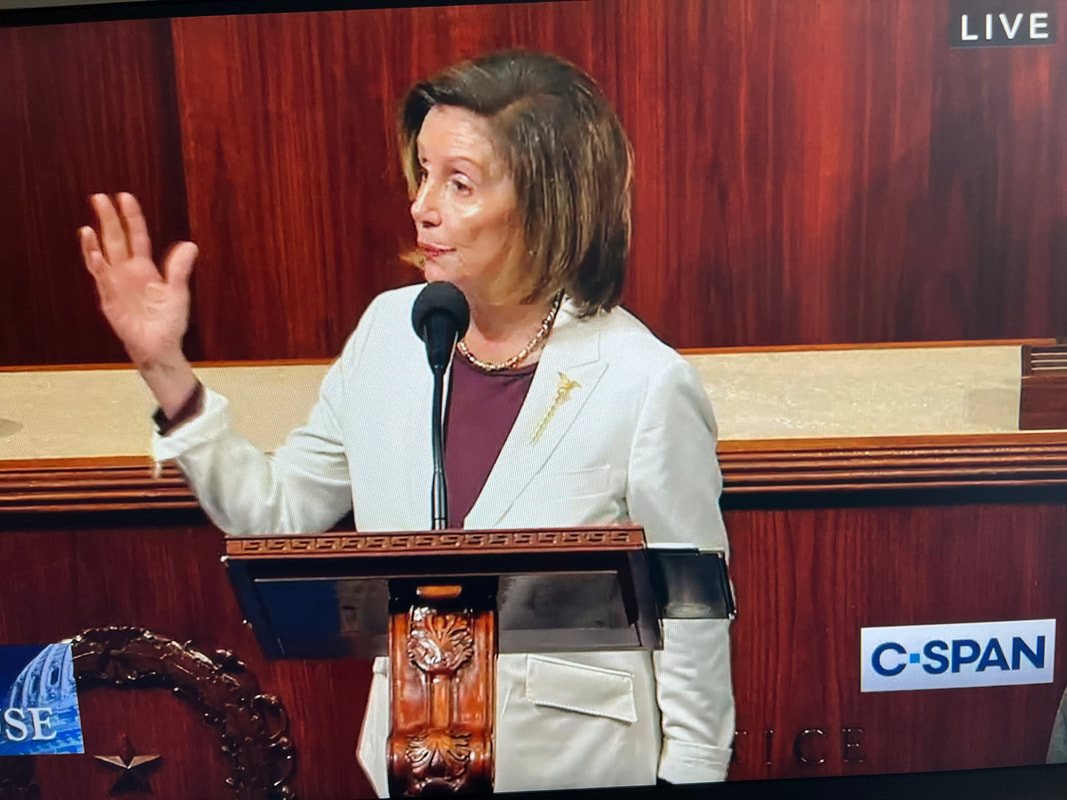
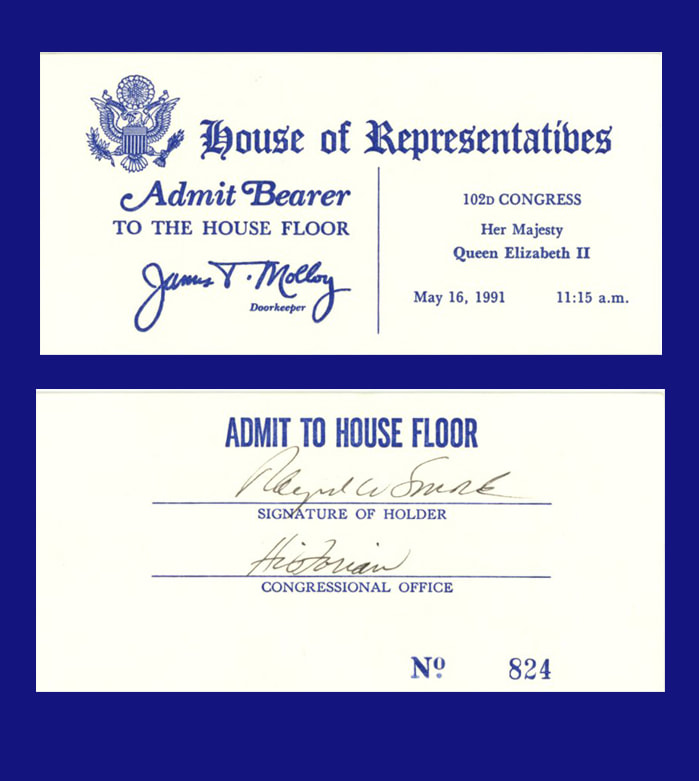
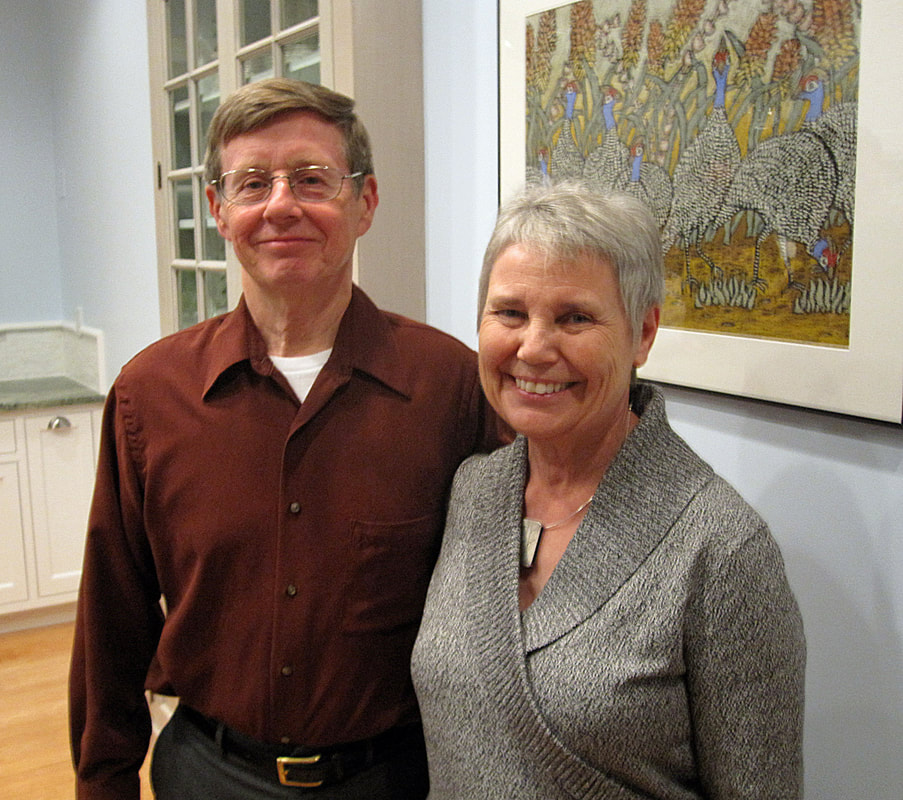
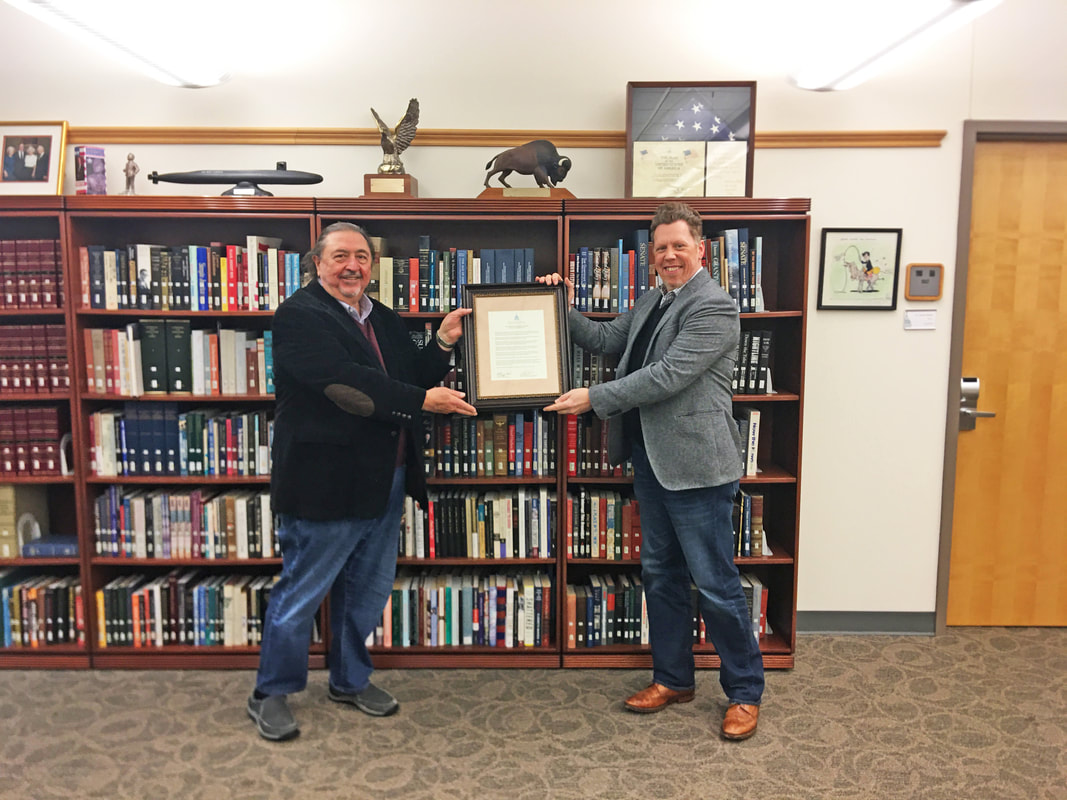
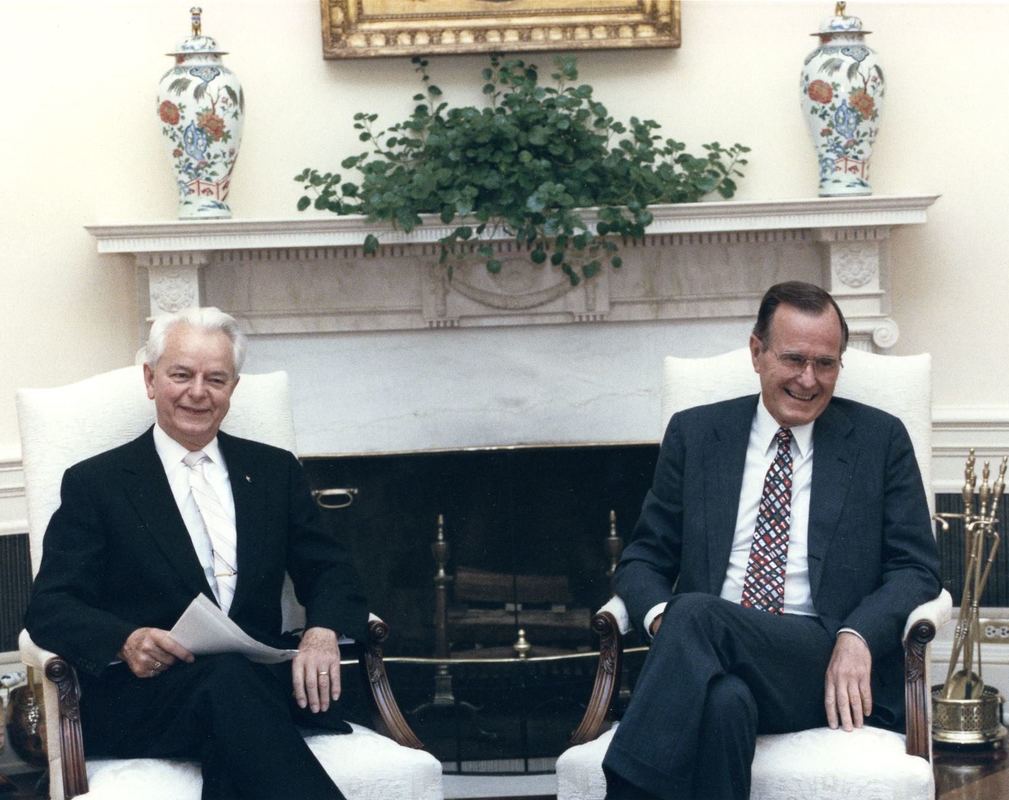
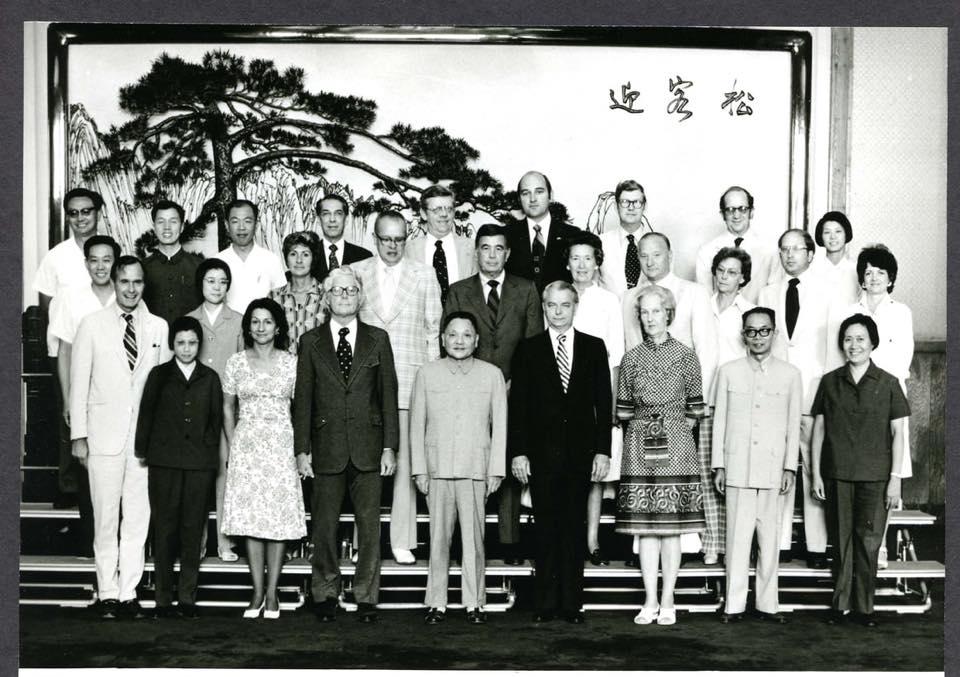
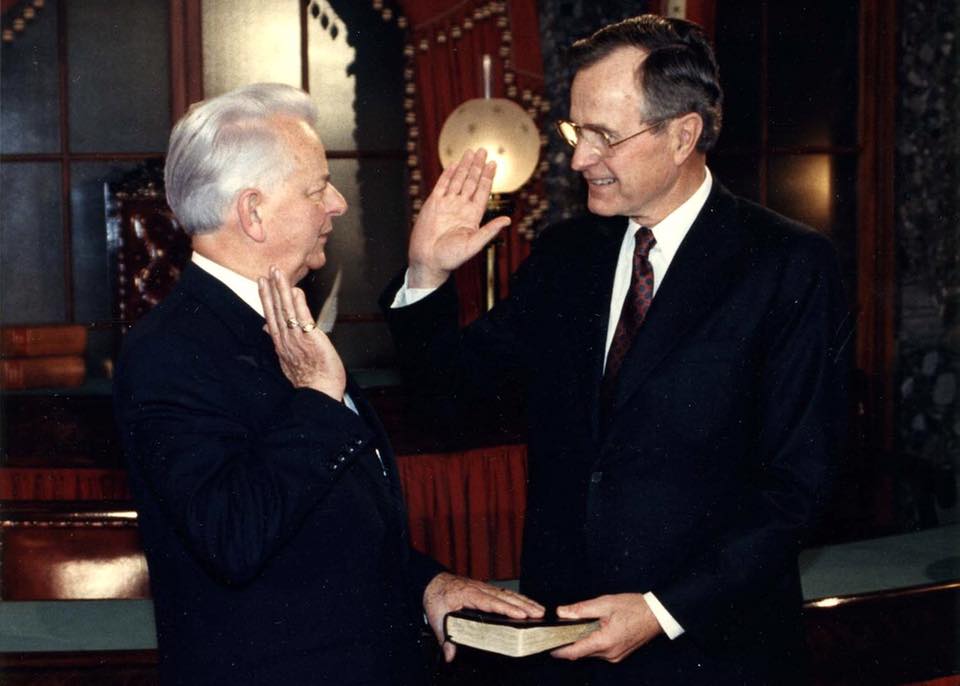
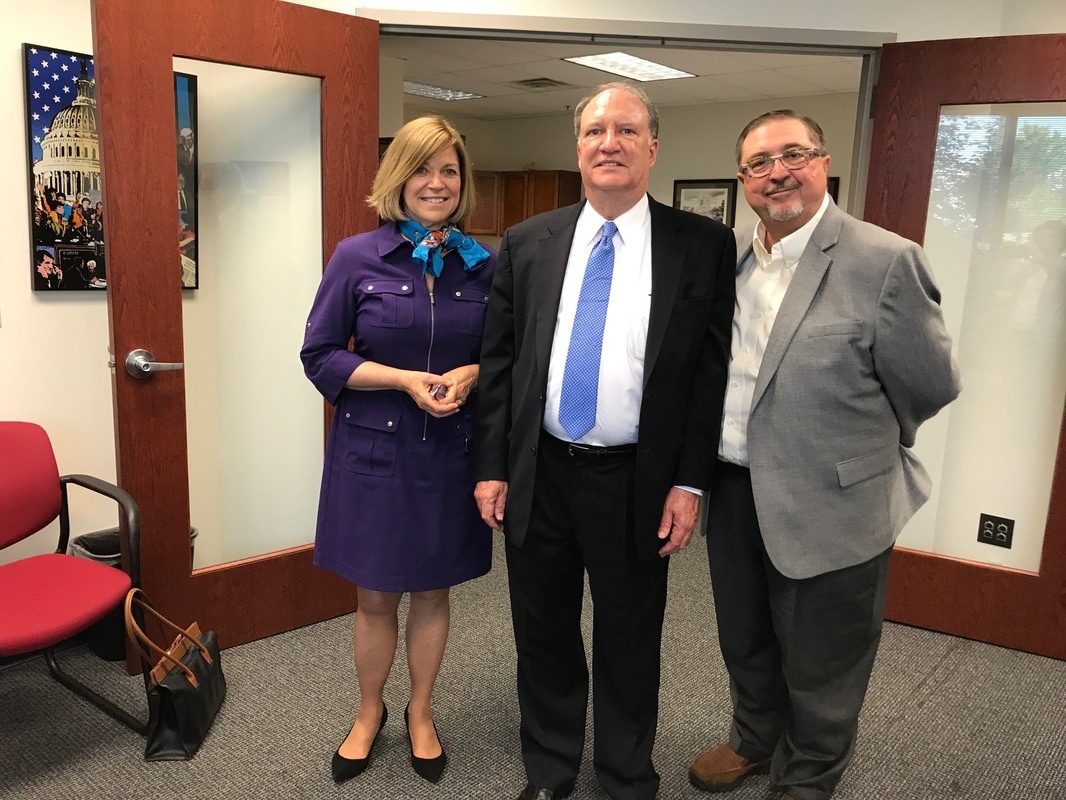
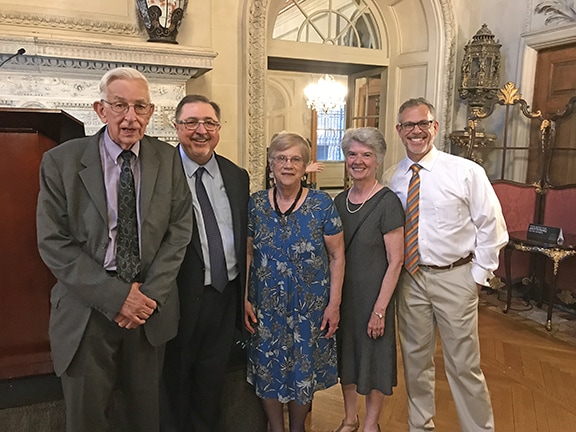
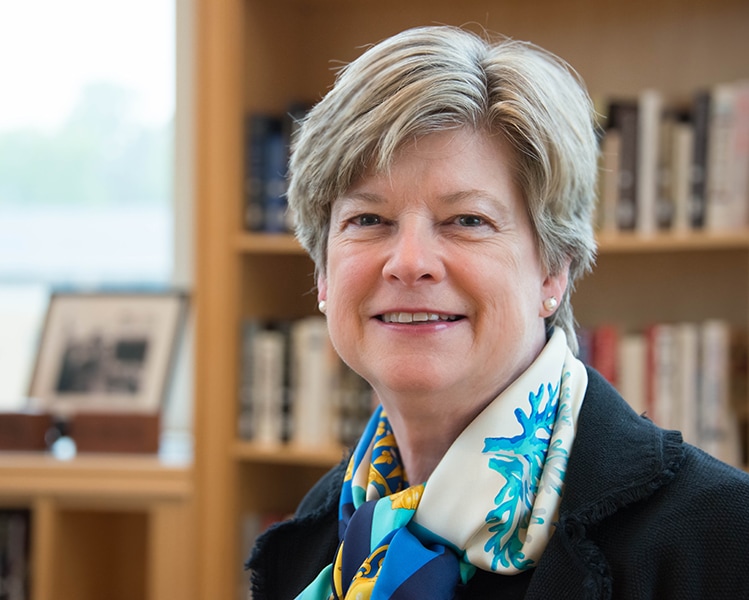
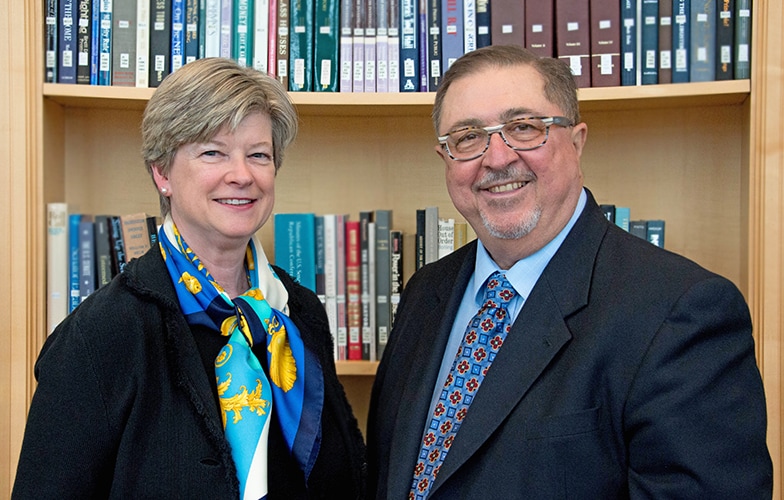
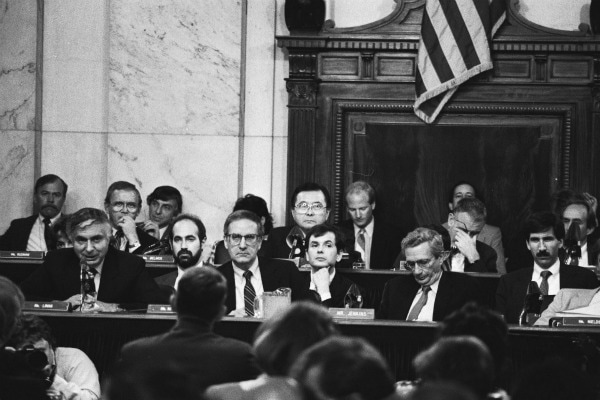
 RSS Feed
RSS Feed
